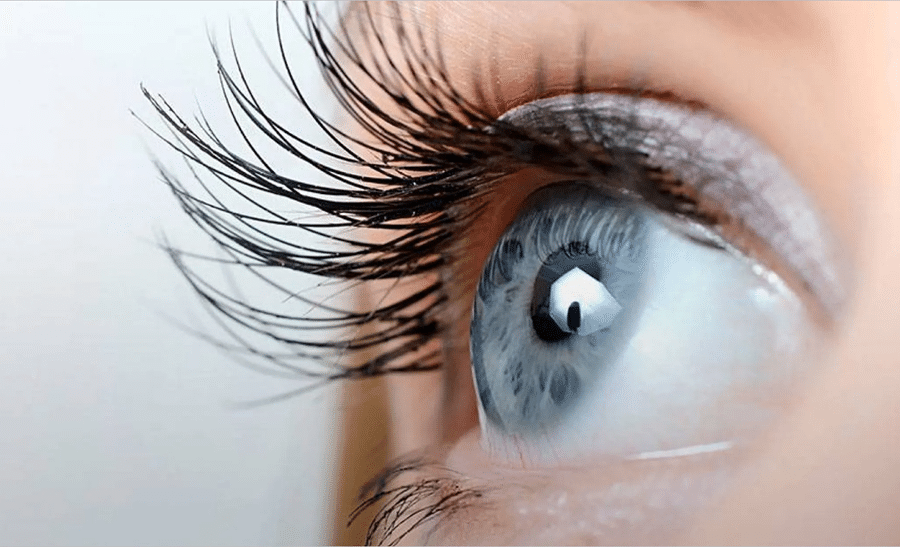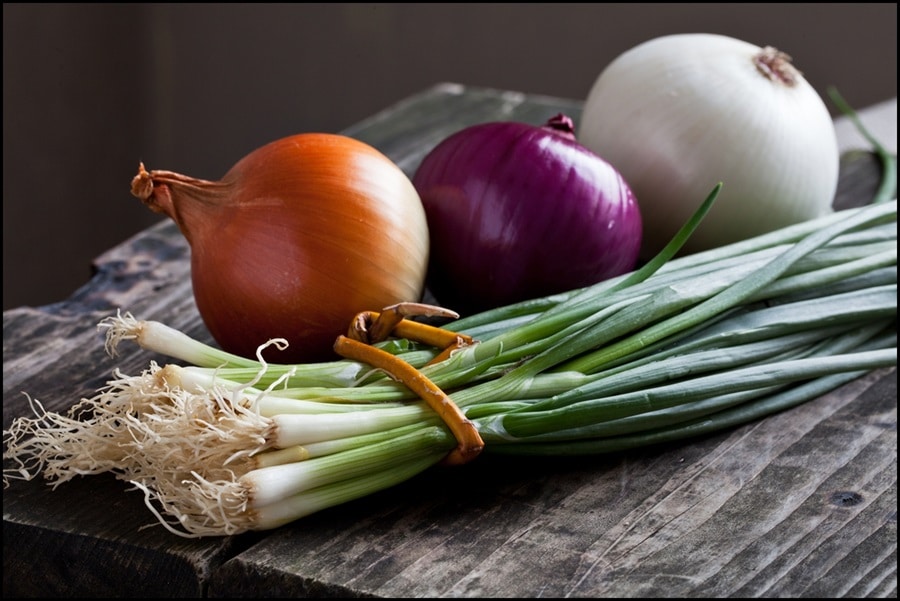Ever felt like a balloon ready to pop after indulging in a hearty meal? You’re far from alone. The sensation of bloating can be both uncomfortable and, let’s face it, a bit embarrassing. But there’s good news: you don’t have to suffer in silence. This post aims to guide you through simple yet effective ways to debloat after overeating. From understanding the root causes to exploring immediate remedies and long-term lifestyle changes, you’ll find actionable tips to feel lighter and more comfortable. So, let’s dive in and start the journey toward a more comfortable you.
Contents
- 1 Understand The Causes Of Bloating
- 2 Immediate Actions To Take
- 3 Herbal Remedies To Consider
- 4 Physical Activities To Debloat
- 5 Lifestyle Changes For Long-Term Relief
- 6 The Role Of Hydration In Debloating
- 7 When To Consult A Professional
- 8 Extra Relief: Lesser-Known Debloating Techniques
- 9 A Fresh Start To Feeling Lighter
Understand The Causes Of Bloating
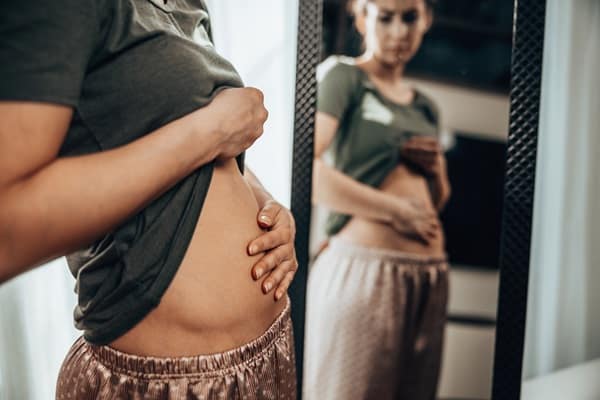
Overeating can wreak havoc on your digestive system, leading to that dreaded bloated feeling. When you consume more food than your stomach can handle, you’re essentially overloading the digestive system. This can slow down the digestion process, causing food to sit in the stomach for longer periods, which in turn leads to bloating and discomfort. But it’s not just the quantity of food that’s the issue.
The type of food you eat can also contribute to bloating. Foods high in sodium can cause water retention, making you feel puffy and bloated. Similarly, carbonated drinks introduce extra gas into your system, exacerbating the bloated feeling. Being aware of these factors empowers you to take control of your eating habits.
Immediate Actions To Take
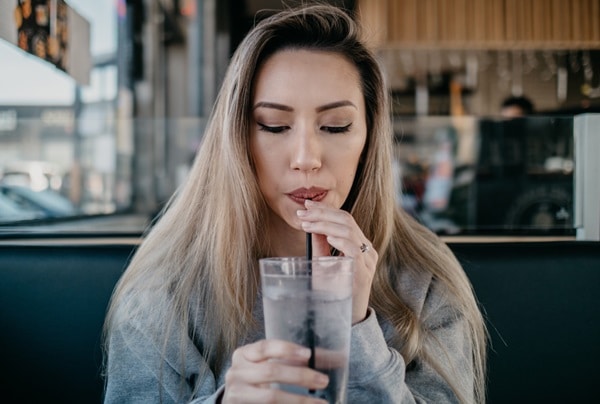
So, you’ve overeaten, and now you’re feeling the consequences. What can you do right now to alleviate the discomfort? First and foremost, stop eating. It might sound obvious, but it’s crucial to listen to your body and give your digestive system a break. Next, consider loosening any tight clothing that could be constricting your abdomen. Tight belts or waistbands can make bloating even more uncomfortable.
While you’re at it, sip on some water—but avoid chugging, as this can introduce more air into your digestive system, making bloating worse. These immediate actions can offer a quick respite from the discomfort you’re feeling, setting the stage for more long-term solutions.
Herbal Remedies To Consider

If you’re looking for a natural approach to debloating, herbal remedies can be a good place to start. Peppermint tea, for instance, has been shown to soothe the digestive system and relieve gas. It’s a warm, comforting option that can help you feel better from the inside out. Another powerful herb to consider is ginger. Known for its anti-inflammatory properties, ginger can help reduce bloating and gas. You can consume it in various forms—fresh, dried, or even as a tea.
Chamomile is another herbal tea that can help. It relaxes the muscles in the digestive tract, aiding in the release of trapped gas and reducing bloating. Incorporating these herbal remedies into your routine can offer both immediate and ongoing relief.
Physical Activities To Debloat

You might not feel like moving much when you’re bloated, but light physical activity can actually help alleviate your symptoms. A simple walk around the block can stimulate digestion and help move along any trapped gas. It’s a low-impact way to get your system moving again. Yoga is another excellent option. Certain poses are designed to aid digestion and can help relieve bloating.
Deep breathing exercises can also be beneficial. By engaging the diaphragm and taking deep, measured breaths, you can stimulate the digestive system and help relieve bloating. So, the next time you’re feeling bloated, don’t underestimate the power of a little physical activity.
Lifestyle Changes For Long-Term Relief
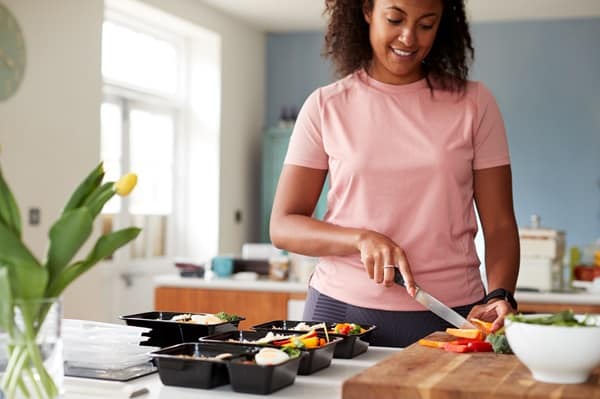
Portion control is a key element in preventing bloating from becoming a recurring issue. Using smaller plates can trick your mind into being satisfied with less food, thereby reducing the risk of overeating. Another strategy is to eat more slowly, giving your stomach time to signal to your brain that it’s full. This can prevent you from eating past the point of comfort, which is often when bloating occurs.
Mindful eating is another tactic that can go a long way in preventing bloating. Paying attention to each bite, savoring the flavors, and being present during meals can help you become more attuned to your body’s signals. Limiting foods that are known triggers for bloating, such as those high in sodium or fat, can also make a significant difference. By making these lifestyle changes, you set yourself up for long-term relief from bloating.
The Role Of Hydration In Debloating

Staying hydrated is crucial when it comes to alleviating bloating. While it may seem counterintuitive to drink water when you’re feeling full and bloated, proper hydration can actually help your body flush out excess sodium and relieve water retention. Aim for at least eight 8-ounce glasses of water per day, and consider adding a slice of lemon for added flavor and digestive benefits.
However, the type of fluids you consume matters. Avoid sugary drinks and alcohol, as they can exacerbate bloating. Also, steer clear of carbonated beverages, which can introduce more gas into your digestive system. Opt for still water, herbal teas, or diluted natural fruit juices to keep your hydration levels up without making bloating worse.
When To Consult A Professional

If you find that you’re experiencing persistent bloating that doesn’t seem to go away with home remedies or lifestyle changes, it may be time to consult a healthcare professional. Persistent bloating could be a sign of an underlying medical condition that requires more specialized treatment. It’s always better to be safe and get a proper diagnosis.
Additionally, if you have dietary restrictions or are taking medications, consulting a healthcare provider is crucial before trying new remedies. For example, some herbal teas may not be suitable for those on certain medications or with specific dietary needs. A healthcare provider can offer personalized advice tailored to your situation, ensuring that you’re taking the safest and most effective approach to debloating.
Extra Relief: Lesser-Known Debloating Techniques

While the methods mentioned so far are well-known and widely recommended, there are some lesser-known techniques that can also be effective. For instance, acupressure points related to digestion can be stimulated to relieve bloating. Another option is to use activated charcoal supplements, which are believed to absorb excess gas in the digestive system.
Cold compresses can also be surprisingly effective. Placing a cold compress on the abdomen can reduce inflammation and provide relief from bloating. These techniques may not be as commonly discussed, but they offer additional avenues for relief that you might find beneficial. Just remember to always consult a healthcare provider before trying new supplements or therapies.
A Fresh Start To Feeling Lighter
Navigating the maze of bloating remedies doesn’t have to be overwhelming. You’ve gained insights into the causes, immediate actions, and even lesser-known techniques to debloat effectively. With this newfound knowledge, you’re ready to reclaim your comfort and well-being. So don’t let bloating hold you back any longer – take charge and start feeling lighter today! So, don’t hesitate to try out different methods until you find what works best for your body. Remember, everyone is unique, and what may work for one person may not work for another. But with a bit of experimentation and guidance from a healthcare professional, you can find the right combination!

